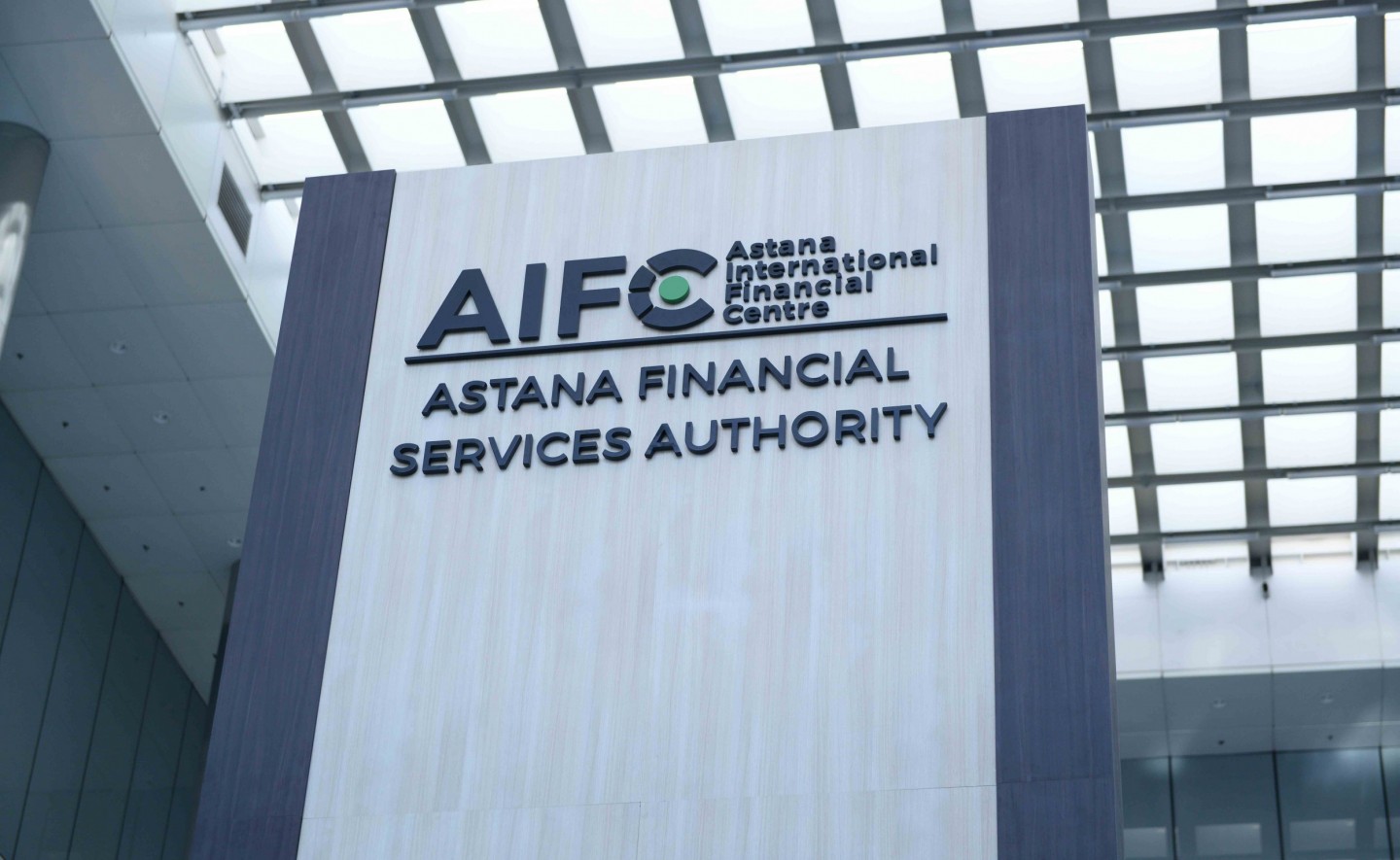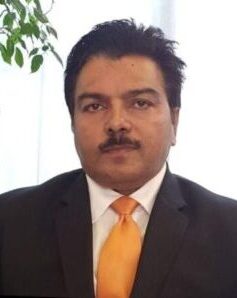Finance has long been the lifeblood of global trade and commerce, facilitated by infrastructures that channel financial resources into entrepreneurial endeavors. Central Asia has long needed such an organizational structure to unlock its true economic potential. Established in 2018, the Astana International Financial Centre (AIFC) has filled a critical gap in Central Asia’s financial landscape. With its wealth of natural resources, strategic geographic location, and robust growth, the region is increasingly drawing the attention of investors and financial institutions seeking partnerships.

Photo credit: aifc.kz.
Over the past 20 years, Central Asia has averaged a 6.2% GDP growth rate, far outpacing developing countries and more than doubling the global average. The AIFC has been instrumental in leveraging the region’s transit capabilities, attracting significant investments. Key infrastructure projects like the Trans-Caspian International Transport Route (TITR) have been bolstered by the AIFC, enabling the route to facilitate cross-border trade across Eurasia, particularly in light of the shifting supply chains due to the Ukraine crisis.

Muhammad Rafiq.
The AIFC has cultivated a unique financial ecosystem in Central Asia, introducing innovative features such as a separate legal jurisdiction based on English law principles for impartial and enforceable decisions, a specialized tax regime adhering to global standards of tax transparency, an Independent Court, and the Astana International Exchange (AIX), serving as the region’s stock market. These features have made the AIFC particularly appealing to foreign investors, attracting over 2100 companies from more than 79 countries that have collectively invested $10 billion into Kazakhstan’s economy.
In just five years, the Astana International Exchange (AIX) has established itself as a world-class capital market and a reliable trading platform. AIX offers global investors unparalleled access to Central Asia, including Kazakhstan. Catering to both local and international issuers, AIX provides avenues to raise funds in both Kazakh and international markets. To date, the exchange has attracted over $356 million in equity and $3,4 billion in debt capital.
In July 2020, AIX introduced the Regional Equity Market Segment (REMS) to offer small and medium-sized businesses in Kazakhstan and Central Asia a simplified path to equity financing. REMS enables these companies to raise equity capital with greater flexibility than is available on the main market.
Recognizing the importance of sustainable development, the AIFC has incorporated green principles into its financial ecosystem. Initiatives include the development of a carbon market, trading platforms for carbon units, and the issuance of green and social bonds, as well as subsidies for green projects.
Further enhancing its offerings, the AIFC has established a Tech Hub dedicated to fostering startups, e-commerce, corporate innovation, and venture capital markets. To date, this hub has enabled around 430 ICT companies to register under AIFC jurisdiction and supported approximately 200 startups.
The AIFC is also a pivotal player in the development of the regional Islamic finance market, introducing the first handbook for the Islamic finance industry in Kazakhstan, which includes “Guidelines on Islamic Banking and Financial Products” and “Sukuk Guidelines.” In June 2022, AIX rolled out the first Sharia-compliant Exchange Traded Notes, known as iX Islamic ETNs.
As global investors increasingly set their sights on emerging markets, Kazakhstan has taken the lead in Central Asia in terms of foreign direct investments, benefiting from its abundant natural resources, strong commodity markets, and effective political and economic reforms. Since its independence in 1991, Kazakhstan has attracted the highest FDI in the region, totaling $380 billion—60% of all investment in Central Asia. In 2022 alone, Kazakhstan’s economy grew by 3.3%, now accounting for one-third of the combined economies of Central Asia.
The Astana International Forum (AIF), held on June 8-9, gathered over 1,000 delegates to discuss ways to foster development in Central Asia. Topics ranged from sustainable development and women’s leadership to food security, energy security, gender equality, digitization, and artificial intelligence. The forum also featured key investor events, including the Astana Finance Days conference and the Foreign Investors’ Council.
In summary, the AIFC has matured into Central Asia’s investment hub, creating a conducive environment essential for attracting foreign direct investment.
The author is Muhammad Rafiq (Pakistan), a senior banker based in Kazakhstan with an interest in Central Asian studies.

